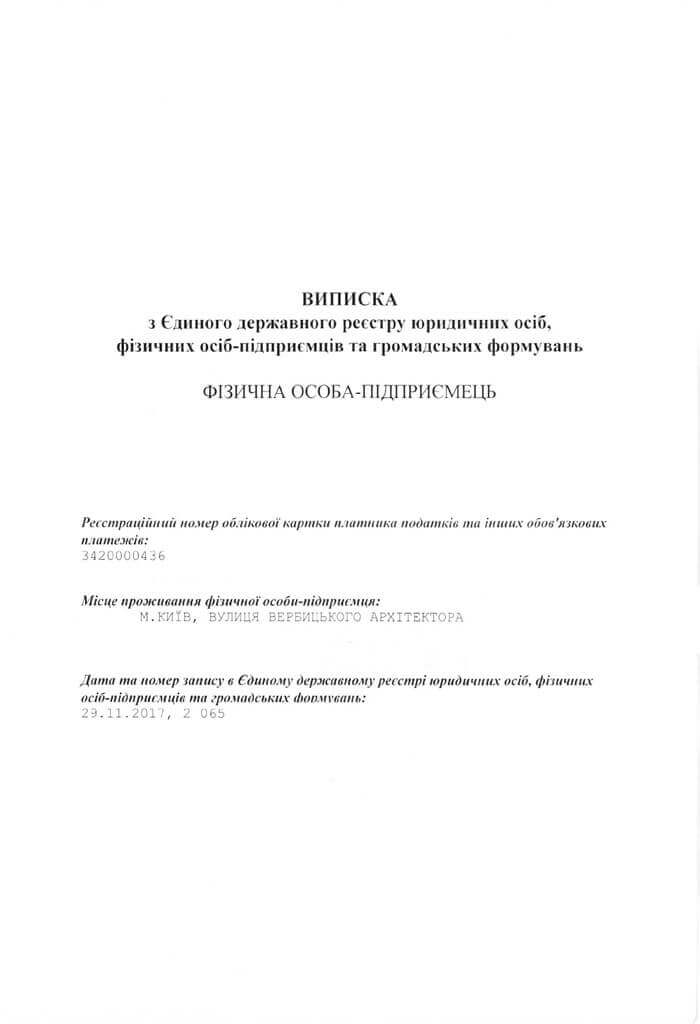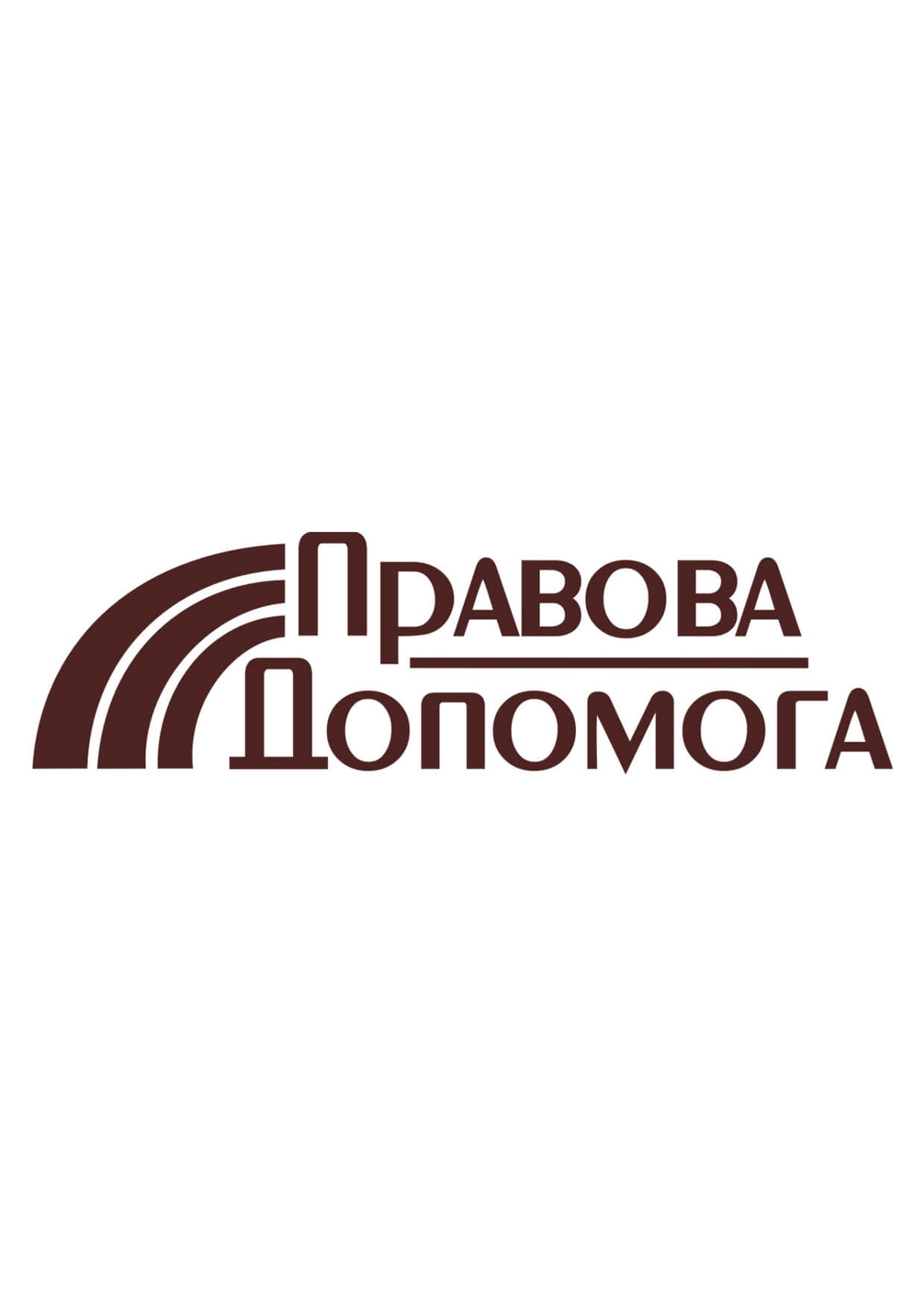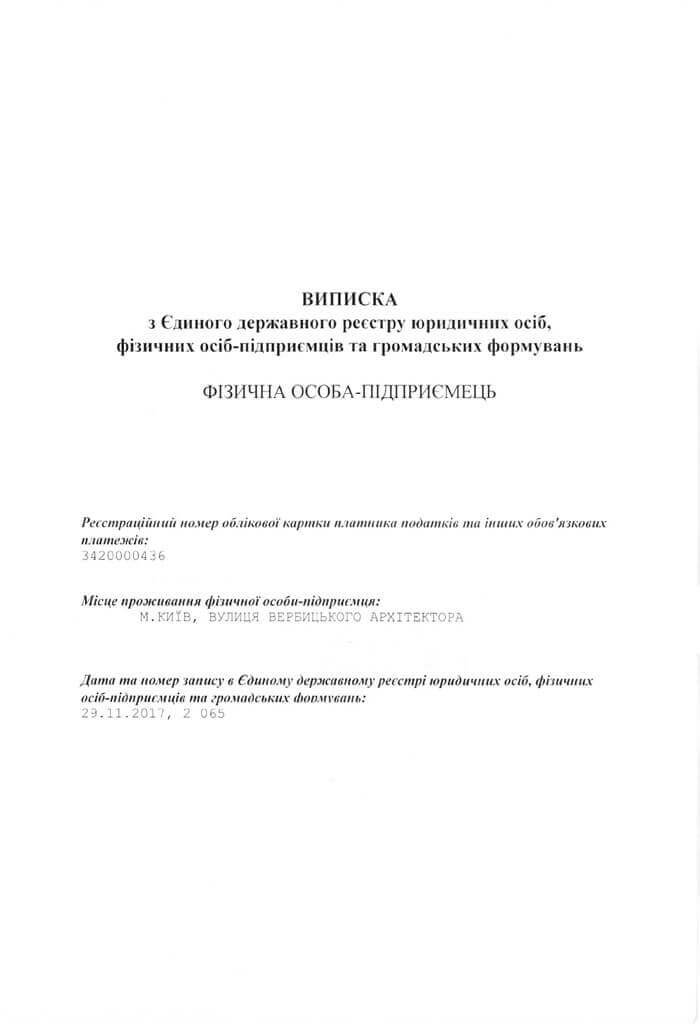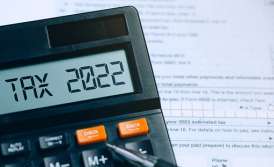Sole proprietorship Top 5 Errors in Registration and Business Process
Cost of services:
Reviews of our Clients
... our work on joint projects assured us of your high level of professionalism
It is quite a common situation when individual entrepreneurs subconsciously make a number of mistakes during registration or business activity. These mistakes may come to light not at once, and the consequences may be extremely unpleasant.
In our publication, we want to analyze the Top 5 such mistakes of sole proprietors, and ways to fix everything.
You may also like: Accounting News For Sole Proprietors In 2020
1. Wrong type of economic Activity (KVED)
When making a choice, it is important to specify what the sole proprietor wants to do. Often, when registering, people indicate either the wrong type of economic activity, or simply do not know the name of a KVED, suitable for the specifics of their activities.
And there are cases when sole proprietors do not specify the necessary KVEDs, explaining it by the fact that they have already indicated the main type of activity. Here, there may be problems with the fact that some kind of work to be carried out will be considered illegal, as it is not specified in the types of activity.
In order to ensure that you have the right system of tax payment, it is worth looking for a KVED in the Classifier, which is best suited to your activity or specifically refers to it. And it should be done, of course, even at the stage of sole proprietorship registration.
2. Wrong taxation system
For convenient and profitable cash flow, a sole proprietor needs to understand such concepts as income, revenue and borrowed funds. Failure to understand the accounting and tax accounting base can lead to misses, and as a result, to penalties.
Therefore, it is worth thinking carefully about the choice of the taxation system of your business even before registration. Namely: about who you will do business with, how and what net profit you will get.
For example, if you are going to work with individuals, it is better to choose the simplified taxation system of the Group 1 or 2 of the single tax. If you want to work with enterprises under the general taxation system, it is better to choose the Group 3. And if you are thinking of working with legal entities, it is better to become a VAT payer (depends primarily on whether your counterparties will be VAT payers).
It is also worth paying special attention to the planned income, as each group has its own income limitations under the simplified taxation system. For example, as of today sole proprietor’s income shall not exceed:
- Group I of single tax payers - UAH 0.3 million per year;
- Group II - UAH 1.5 million per year;
- Group II - UAH 5 million per year.
In our section of accounting services you can find a lot of useful information about the group or taxation scheme to be used by different types of business.
You may also like: Choosing The Most Optimal Taxation Scheme For Your Business
3. Failure to submit reports in the absence of activities
It is wrong to think that if you do not conduct business, you do not have to file a report with the tax office or pay taxes. In spite of any circumstances, a sole proprietor must pay taxes on time. You can of course try to collect documents proving a “valid reason” for non-payment, but it is very difficult to do.
In order to understand your losses resulting from failure to submit a report, you need to know that the first case of failure is subject to a fine of UAH 510, and UAH 1,020 - for each subsequent time.
To avoid this problem, it would be more convenient for a start-up business to have its own accountant on outsourcing. In this case, you do not have to pay salary every month, and can work under the task-rate system.
4. Working without a cash register
Many people think that some sole proprietors can work without cash registers, but the law says that only individual entrepreneurs of the Group 1 of the simplified taxation system can work without it.
If the entrepreneur did not issue and issue a check when selling or providing a service, he will have to pay a fine in the amount of 100% of the amount of the check.
Since today the presence of cash register is not mandatory for all entrepreneurs, it is necessary to monitor changes in the legislation. But it is worth remembering that those who already need a cash register should be aware of the fines for such violations:
- incorrect product name in the cash register - a fine of UAH 85 for each or UAH 5,100 for excise goods;
- lack of a fiscal check or carrying out a transaction not for the full amount - from April 1, 2021, for the first violation - 100% of the value of the goods, for the second - 150%;
- lack of control tape of the cash register or distortion of data in it - UAH 510 for each violation;
- incorrect name, quantity, price of the product or lack of UKTZED code - UAH 5,100 for each violation;
- sale of unaccounted for excise goods - 100% of the value of the goods.
5. Improper recognition of income and expenditure
Some sole proprietors make such a mistake regarding the recognition of income. It happens because when using the simplified taxation system it is necessary to keep records of income, while in case of the general taxation system, you must keep records of expenditure.
You should therefore calculate your income correctly, especially when you work with intermediaries or conclude commission contracts. After all, incorrectly drawing up a contract or act can cause big problems during inspection or liquidation.
You may also like: Enterprise’s Book Of Records
If you have found your case in the list, or you have another problem, don’t hesitate to contact us. We will consult you or organize the process of accounting of your business.






